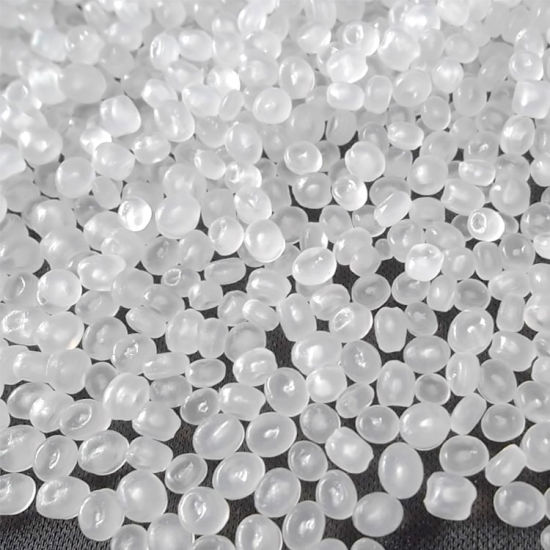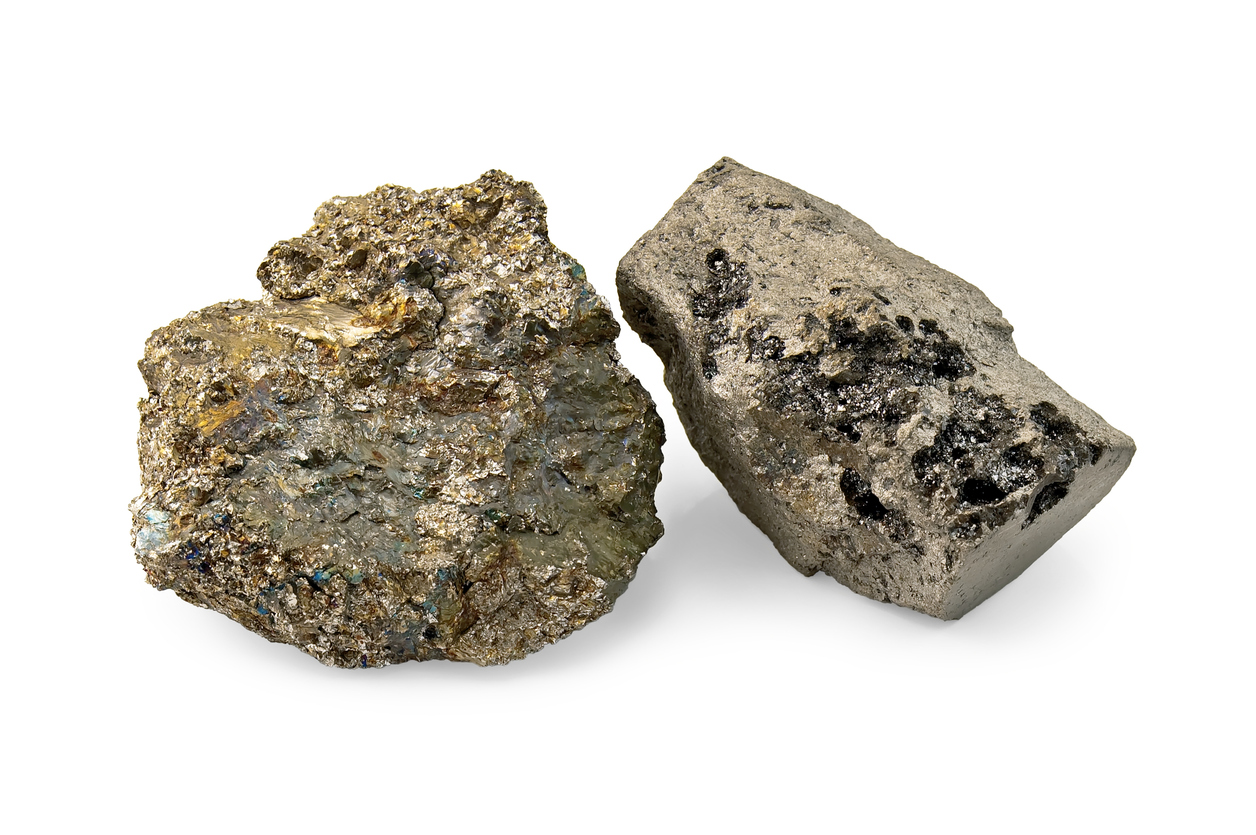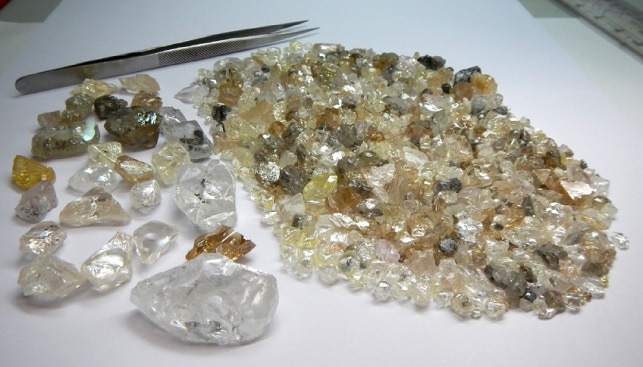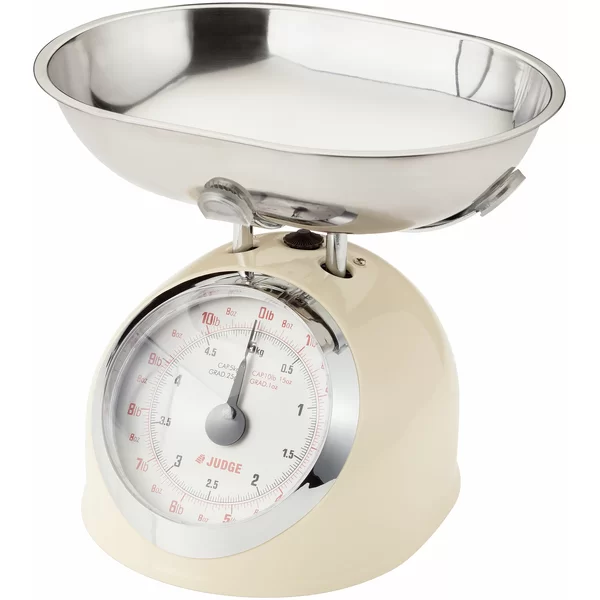How to Buy and Export Propylene Polymers from South Africa
How to Buy and Export Propylene Polymers from South Africa
Propylene is a non-cyclic olefinic hydrocarbon with the chemical formula C3H6. It is a widely produced petrochemical and can be found in many everyday items such as food packaging, car exhausts, medical syringes, and bottle plastics. Propylene is typically used for industrial purposes rather than for individual personal use. The majority of propylene is used to produce other chemicals through further processing. In fact, within the manufacturing industry, propylene can be broken down into several categories: propylene glycol (PG), Propylene oxide (PO), and Propylene Polymers (PP). All three of these products have different applications within different industries and sectors. Let’s take a closer look…
What is Propylene Glycol?
Propylene glycol (PG) is a synthetic compound that is used as a solvent. It is also a common ingredient in many types of cosmetic products such as toothpaste, shampoos, and sunscreen. PG has a wide range of health applications such as antifreeze, de-icing solutions, and medical products like intravenous solutions and eye drops. PG is also used in smoke machines and theatrical lighting, as well as food and beverage products such as beer, wine, soda, and even coffee. PG has a number of industrial uses, such as in the production of polyester, fats, and synthetic rubber. When people talk about PG, they’re usually referring to the 99% pure version of the chemical. PG is used in a variety of industrial applications, such as in the production of polyester, synthetic rubber, chemical solvents, and foods.
What is Propylene Oxide?
Propylene oxide (PO) is a chemical that is used to make other products. It is a highly flammable liquid that is usually transported and stored in special containers. PO is primarily used to make other chemicals such as ethylene glycol and polyoxymethylene (POM). PO is also used to make resins and polymers used in coatings and sealants. PO is used to make other chemicals in the manufacturing process. It is also used to make resins and polymers used in coatings and sealants. PO is highly flammable and is usually transported and stored in special containers. PO is used to make other chemicals in the manufacturing process. It is also used to make resins and polymers used in coatings and sealants. PO is highly flammable and is usually transported and stored in special containers.
What is a Propylene Polymer?
A propylene polymer (PP) is made from combining two different chemical compounds: propylene and ethylene. This polymer is a synthetic material that is used in a variety of ways, including packaging, construction, and automotive parts. PP is a thermoplastic polymer that is produced by combining two different chemical compounds: propylene and ethylene. This polymer is used in a variety of ways, including packaging, construction, and automotive parts. PP is a semi-crystalline polymer and can be manufactured with different degrees of hardness and flexibility. PP is used in a variety of industries, including construction, consumer and commercial products, medical devices, and packaging.
How Can You Buy and Export Propylene Polymers from South Africa?
Before you buy and export propylene polymers from South Africa, you should first check if your country has any import restrictions on the product. You can do this by visiting your local government’s trade website, consulting your trade representative, or by contacting the consulate or embassy of the exporting country. You should also keep in mind that Propylene polymers may be subject to other regulations as well, such as those concerning chemicals, safety, and transportation. The best way to avoid issues with purchasing and exporting propylene polymers is to be informed and prepared.
Limitations of Buying and Exporting Propylene Polymers from SA
While propylene polymers are used in a number of industries, they’re not the perfect chemical for everyone. Before you buy and export propylene polymers from South Africa, you should consider a few things. If you’re looking to buy and export propylene polymers for industrial use, keep in mind that they aren’t ideal for food packaging applications. While propylene polymers are chemically resistant to a wide range of chemicals, they aren’t resistant to high heat. So, if you’re looking to use the propylene polymers for packaging food or liquids, you may want to look into other chemical options. Propylene polymers aren’t always suitable for medical use either. While propylene polymers are chemically resistant to a wide range of chemicals, they aren’t resistant to high heat. So, if you’re looking to use the propylene polymers for medical syringe applications, you may want to look into other chemical options.
Conclusion
Propylene polymers can be used in a variety of industrial applications such as construction, consumer and commercial products, and medical devices. When people talk about PP, they’re usually referring to the 99% pure version of the chemical. While propylene polymers are used in a number of industries, they aren’t the perfect chemical for everyone. Before you buy and export propylene polymers from South Africa, you should consider a few things. If you’re looking to buy and export propylene polymers for industrial use, keep in mind that they aren’t ideal for food packaging applications. While propylene polymers are chemically resistant to a wide range of chemicals, they aren’t resistant to high heat. So, if you’re looking to use the propylene polymers for packaging food or liquids, you may want to look into other chemical options. If you’re looking to buy and export propylene polymers for medical use, keep in mind that they aren’t resistant to high heat. So, if you’re looking to use the propylene polymers for medical syringe applications, you may want to look into other chemical options.








LEAVE A COMMENT
You must be logged in to post a comment.